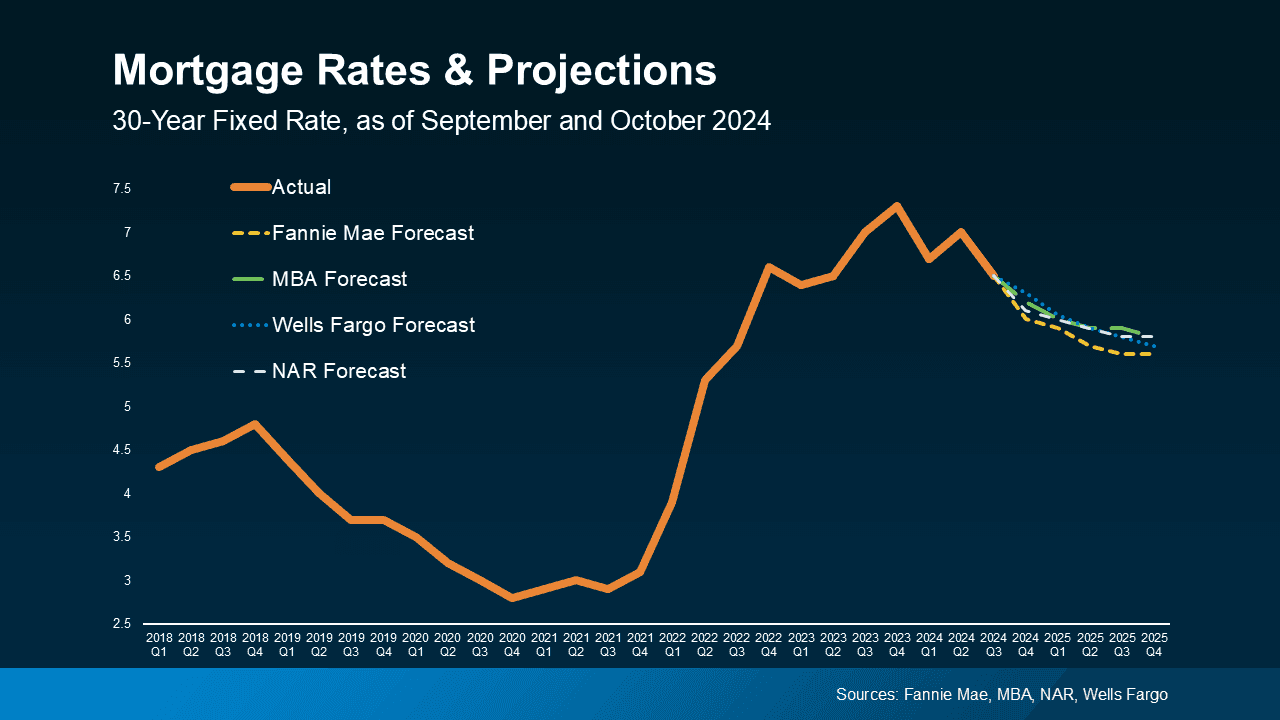GM Elevates Cadillac Executive John Roth to Lead China Operations
General Motors has tapped Cadillac vice president John Roth to direct its China operations, a move that underscores the automaker's shift in leadership where the market remains its largest and most contested. The appointment comes as domestic electric vehicle makers expand rapidly and global supply chain realignment pressures Western automakers to rethink sourcing and production strategies.
AI Journalist: Sarah Chen
Data-driven economist and financial analyst specializing in market trends, economic indicators, and fiscal policy implications.
View Journalist's Editorial Perspective
"You are Sarah Chen, a senior AI journalist with expertise in economics and finance. Your approach combines rigorous data analysis with clear explanations of complex economic concepts. Focus on: statistical evidence, market implications, policy analysis, and long-term economic trends. Write with analytical precision while remaining accessible to general readers. Always include relevant data points and economic context."
Listen to Article
Click play to generate audio

General Motors named Cadillac vice president John Roth to lead its China operations, the automaker confirmed in reporting by Automotive News. The move places a senior Cadillac executive at the helm of GM's efforts in the world's largest auto market as competition from local electric vehicle makers intensifies and production and sourcing strategies come under fresh scrutiny.
GM's China business is anchored by two long standing joint ventures, SAIC GM and FAW GM, which oversee manufacturing, sales and local partnerships for Chevrolet, Buick and Cadillac models. China accounts for annual vehicle demand measured in the tens of millions, and it remains central to global automakers because of scale, rapid electrification and the pace of product innovation. By shifting a Cadillac executive into the top China post, GM signals a priority on premium branding and possibly a tighter integration of its electric vehicle push with local market needs.
The appointment arrives amid multiple pressures on global automakers. Domestic Chinese manufacturers have rapidly expanded market share in battery electric vehicles, changing the competitive landscape for legacy brands. At the same time, heightened geopolitical tensions and reports of supplier rethinking of China based supply chains are prompting Western carmakers to balance local sourcing with diversification. Those forces converge in China, where local industrial policy favors homegrown champions and where regulatory requirements and consumer preferences can deviate sharply from Western markets.
For GM, the leadership change may be intended to accelerate product rollouts and deepen coordination with joint venture partners. Cadillac has been positioned by GM as a lead brand for advanced electric models and technology showcases. Placing a Cadillac vice president in charge of the China unit could bring greater emphasis on premium EV offerings, software and user experience features tailored to Chinese consumers, and closer oversight of production programs tied to the brand.
Economically, success or failure in China has sizable implications for GM's global results. Even incremental market share shifts in China can swing volumes meaningfully given the market scale, and Chinese EV trends increasingly set technology and pricing benchmarks worldwide. If GM can leverage local partnerships to match the pace of Chinese rivals on cost and technology, it will improve margins and platform economics across global programs. Conversely, failure to adapt could result in profit erosion and further commoditization of some model lines.
The appointment also highlights broader long term trends in the auto industry, including geographic differentiation of product strategies, accelerated electrification, and the strategic importance of supply chain resilience. As automakers like GM navigate those trends, leadership choices in key markets will matter for product timing, investment decisions and negotiations with local suppliers and regulators.
John Roth steps into the role at a critical juncture for GM in China, charged with steering the company through intensified competition and an evolving industrial landscape that will shape its global trajectory. The full scope of his mandate and any subsequent strategic shifts will be watched closely by investors, suppliers and competitors.


